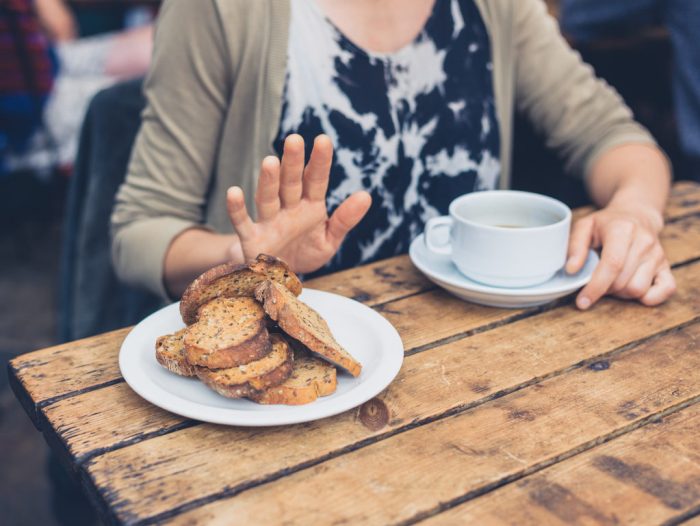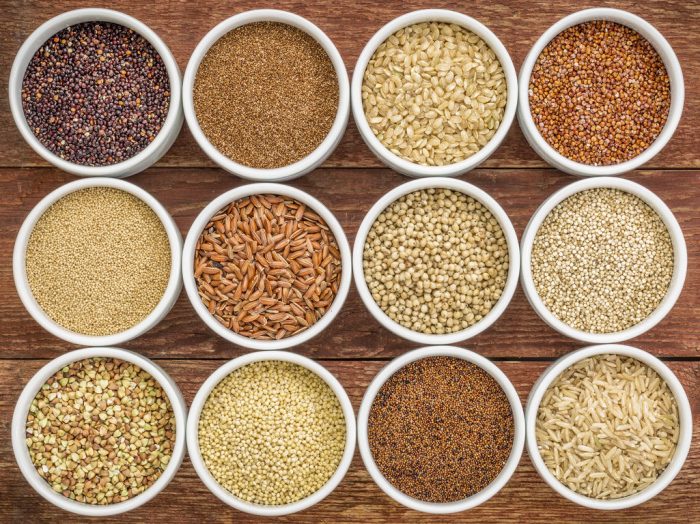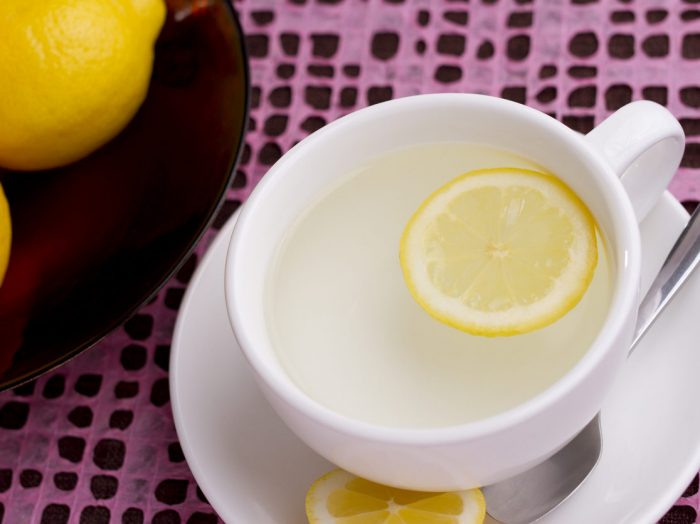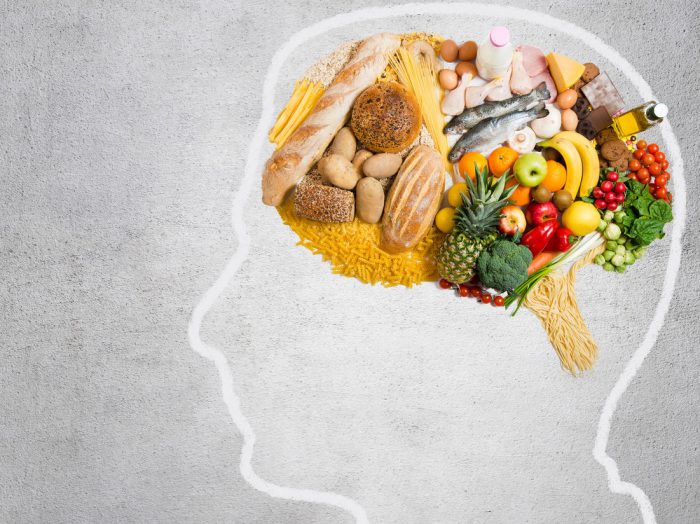Are you embracing the gluten-free diet? Why is that? There are a lot of valid reasons but some not so valid, as well. Gluten myths can keep you from having a balanced lifestyle and a healthy diet.
It’s important to remember that everybody is different and what works for you might not work for somebody else. The problem with gluten myths or other food trends is that they can spread like wildfire. This happens even among those of us who don’t need to start following advice meant only for people with a specific set of issues.
According to a paper published in the Journal of Pediatrics, a lot of the people who cut gluten out of their diets and kitchens aren’t doing that because they have celiac disease or a particular sensibility to it. It’s more because of a trend, not a need. The result? Everywhere you go to eat dinner or buy food you can find a lot of gluten-free options. But do you need them?
Research on gluten is ongoing
Gluten is a complex protein found in wheat. And some people – about 1 percent – have to avoid it because they suffer from celiac disease, an autoimmune genetic disorder that damages the small intestine and causes symptoms like cramping, bloating, and diarrhea. Some other people have a gluten sensitivity which is not yet fully explained by science. But research is ongoing!
But a lot of other people eliminate gluten because they are under the assumption that it will help boost their energy, lose weight, eliminate headaches or inflammation, or help with other auto-immune diseases. According to market research company NPD Group, about 1 in 3 Americans avoid gluten in their diets. We think these well-spread gluten myths are guilty of that.
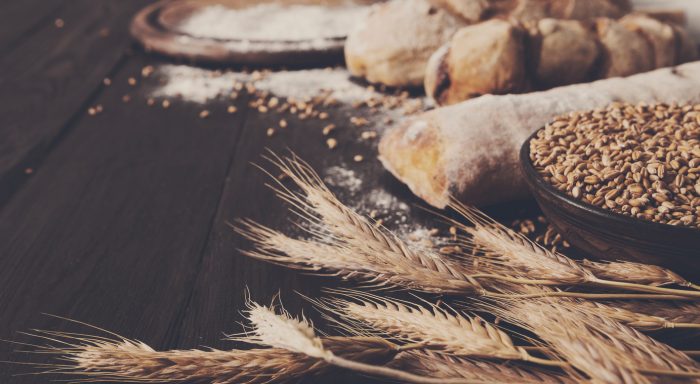
5 gluten myths and the truth behind them
1. Myth: Gluten is toxic for everybody
That’s not true. Gluten isn’t evil unless you have celiac disease, wheat allergy or gluten sensitivity. But foods containing gluten are not harmful at all. Whole grains, including those made with whole wheat and barley, can be very nutritious, rich in fiber and other vitamins and minerals. They lower cholesterol and blood pressure levels, but also the risk of dying prematurely from heart disease and cancer.
2. Myth: We’re not adapted to eat gluten
False. Most of our bodies have no problem dealing with gluten. It’s true that we don’t produce the enzymes we need to break down the complex proteins in gluten. But our immune system helps with that every time we have a piece of toast or some delicious pasta.
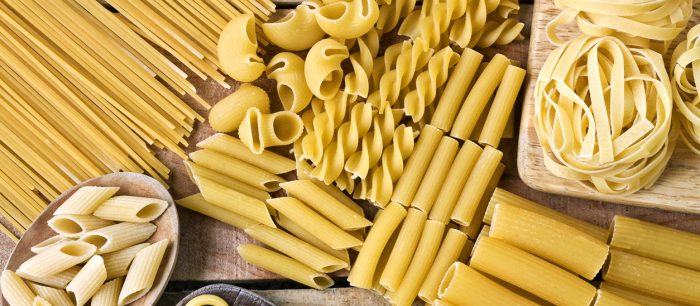
3. Myth: There is such a thing as gluten sensitivity
True. Even if you don’t have celiac disease, you might have a reaction to gluten. But a vague one. Because it’s a new thing, there isn’t a comprehensive symptom list for gluten sensitivity. But people who think they might have it say they have stomachaches, headaches, fatigue, depression and other reactions when eating gluten.
A 2011 study in the journal BMC Medicine confirmed that gluten sensitivity is real and a type of immune system reaction different from celiac disease.
4. Myth: Gluten can be found only in bread and pasta
False. It’s a bit smarter than that. You can find this protein in numerous surprising processed foods like pickles, spray cheese, blue cheese, soy sauce, salad dressings, gravies, seasoning packets, hot dogs, beer, licorice, and bullion cubes, among others.
If you need to avoid gluten, then make sure what you buy has a label reading “gluten-free” on it. Even though it doesn’t seem that food has any connection to wheat.
Also, your restaurant food could be cooked in the same pan as something breaded or dangerous for you. So don’t be afraid to talk to your waiter about this.

5. Myth: The gluten-free diet is 100 percent healthier
Not really. It can be as unhealthy as any diet, and you should never forget to focus on eating plenty of foods and vegetables and giving your body everything it needs. Because a lot of food is served with the gluten-free label, it gives the impression that it’s healthier than it actually is.
But the truth is that a gluten-free dessert, for instance, is still a dessert maybe loaded with sugar. So try to be mindful of what it is that you are buying from the store.
An Australian study compared the nutritional value of 3,200 foods and their gluten-free versions, and the differences were nothing to write home about. That happens because manufacturers try to compensate for the lack of flavor in the gluten-free substitutes by adding more salt, more sugar, and more fat. And that is definitely not healthy for you.
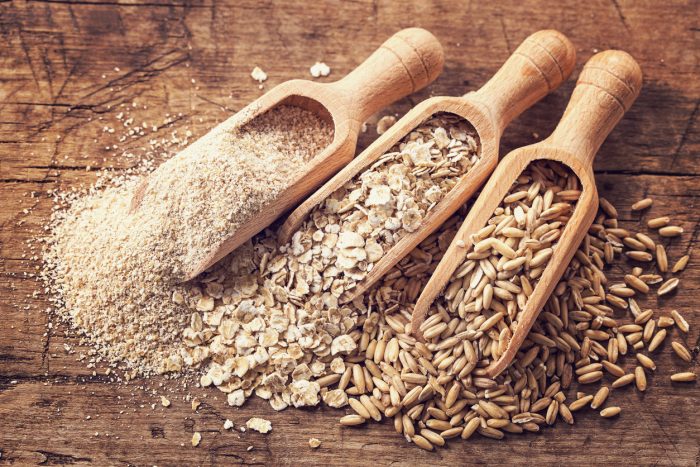
If you have to give up gluten foods, here are our best gluten-free recipes you can try.

